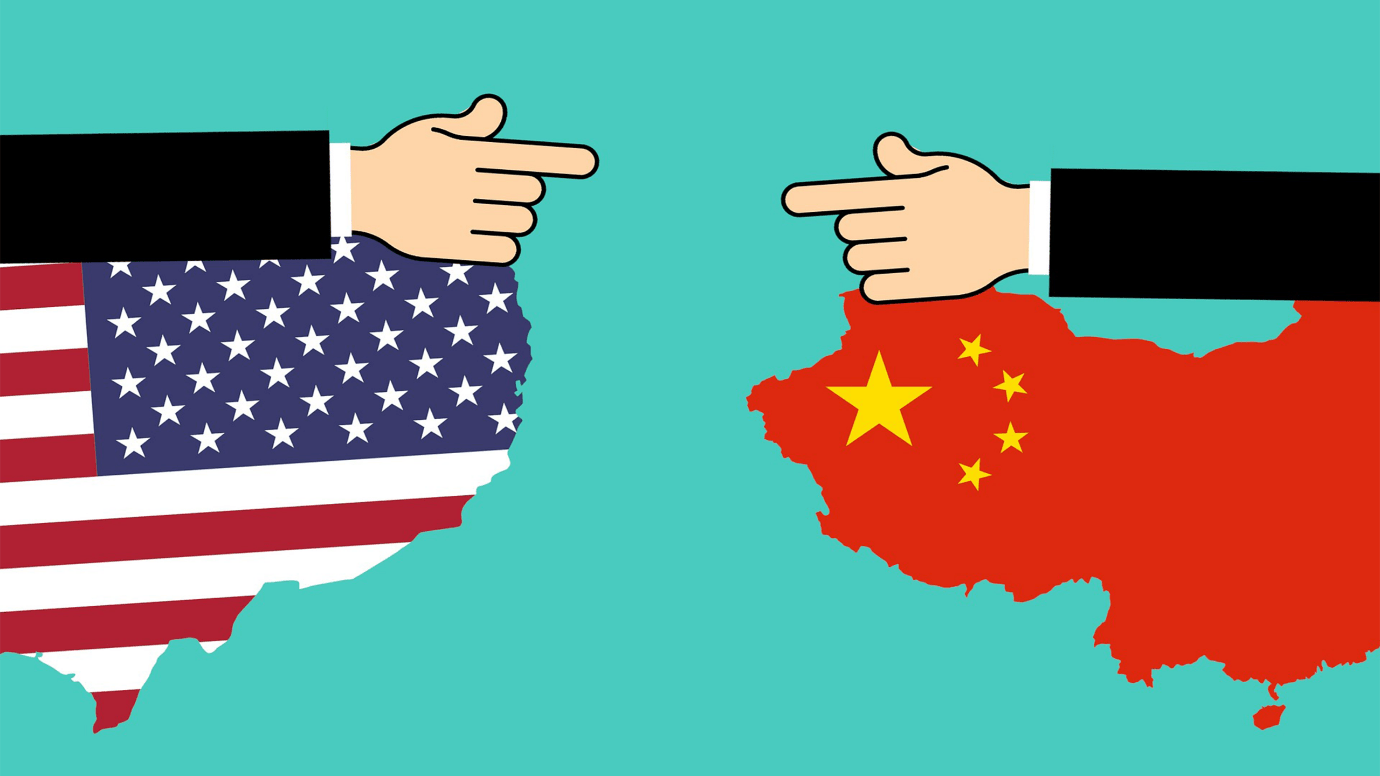
Why Skills-First Leadership Is Replacing the Ivy League Playbook in the C-Suite
The old prestige pyramid—where Ivy League degrees and blue-chip consulting backgrounds paved the way to the CEO seat—is cracking.

March 9, 2022: According to a business association survey, American businesses in China no longer expect relations between the two countries to improve from the tensions of the Trump administration.
After President Joe Biden was elected in late 2020, businesses saw a spike in optimism, with 45% of respondents who expect better U.S.-China relations, the American Chamber of Commerce in China’s annual survey of members found.
That level of optimism had dropped to 27% of respondents in the latest survey, the same as when Donald Trump was president and enacted more rigid policies on China. The survey said that rising U.S.-China tension has ranked among the top five challenges for doing business in China since 2019.
“There was a level of perhaps hope and optimism once Biden entered office that the relationship would improve,” Alan Beebe, president of AmCham China, said on Tuesday in a call with reporters.
“But I think what we’ve seen over the previous year is that there’s a new reality that has set in, many of the policies and sentiment of the Trump administration remain in place with the Biden administration,” he said.
Since Biden took office in 2021, Trump-era tariffs have remained, while the U.S. has added more Chinese companies to blocklists that prevent them from buying from American suppliers.
Trump used sanctions and tariffs to pressure China to address longstanding complaints of intellectual property theft, unequal market access, and forced transfer of critical technology.
While the Chinese central government has told policies to address many of these concerns, AmCham said local implementation remains uneven.
The survey found that the last year of a regulatory crackdown and new laws on data privacy has added to American businesses’ challenges to operating in China and caution on future investments.
Economists said last month that the worst of the crackdown was likely over as Beijing focuses more on growth, but it was noted that does not mean the end or reversal of regulation.
China’s economic slowdown affects business operations, while Covid-19 travel restrictions discourage new, overseas talent from joining local teams.
The share of companies that anticipates a year-on-year increase in profits ticked up to 59% in 2021 from 54% in 2020, but well less than the 73% seen in 2017 before the pandemic and U.S.-China trade war, AmCham said.
Beebe said a reason for the continued pressure on profits is that companies have not been able to pass on the increasing production costs while remaining competitive locally.

The old prestige pyramid—where Ivy League degrees and blue-chip consulting backgrounds paved the way to the CEO seat—is cracking.

Loud leaders once ruled the boardroom. Charisma was currency. Big talk drove big valuations.

But the CEOs who make history in downturns aren’t the ones with the deepest cuts

Companies invest millions in leadership development, yet many of their best executives leave within a few years. Why?

The most successful business leaders don’t just identify gaps in the market; they anticipate future needs before anyone else.

With technological advancements, shifting consumer expectations, and global interconnectedness, the role of business leaders

Following a distinguished Law Enforcement career Joe McGee founded The Securitatem Group to provide contemporary global operational specialist security and specialist security training products and services for private clients, corporate organisations, and Government bodies. They deliver a wide range of services, including complete end-to-end protection packages, close protection, residential security, protection drivers, and online and physical installations. They provide covert and overt investigations and specialist surveillance services with a Broad range of weapons and tactical-based training, including conflict management, risk and threat management, tactical training, tactical medicine, and command and control training.

Jay Wright, CEO and Co-Owner of Virgin Wines infectious energy, enthusiasm, passion and drive has been instrumental in creating an environment that encourages talent to thrive and a culture that puts the customer at the very heart of every decision-making process.

Fabio de Concilio is the visionary CEO & Chairman of the Board at Farmacosmo, a leading organization dedicated to mental health and community support services. With a deep commitment to identifying and meeting customer needs, Fabio ensures that high standards are maintained across the board.

Character Determines Destiny – so said Aristotle. And David CM Carter believes that more than anything else. For David, it has been numerous years of research into codifying Entelechy Academy’s 54 character qualities that underpin everything he stands for as a leader and teacher.


Leave us a message
Subscribe
Fill the form our team will contact you
Advertise with us
Fill the form our team will contact you